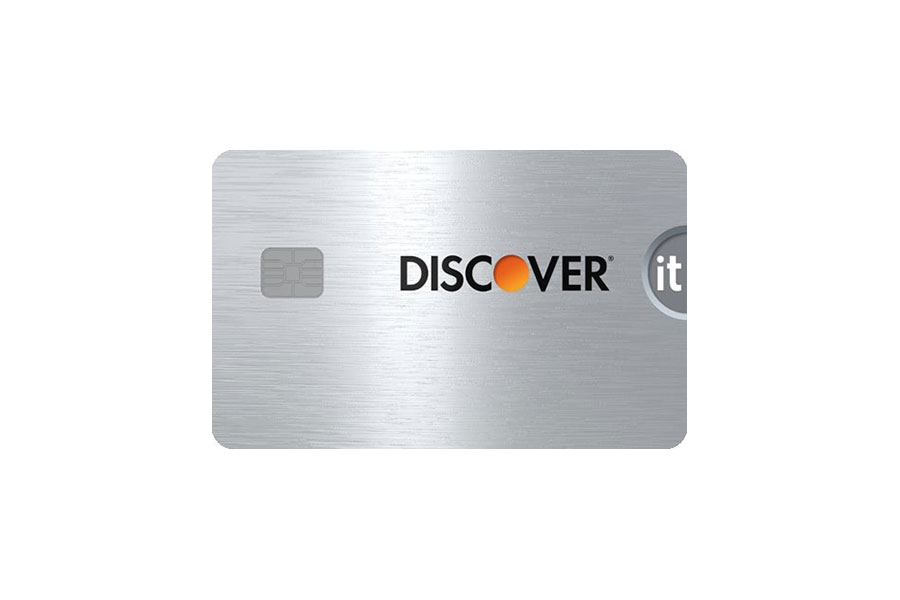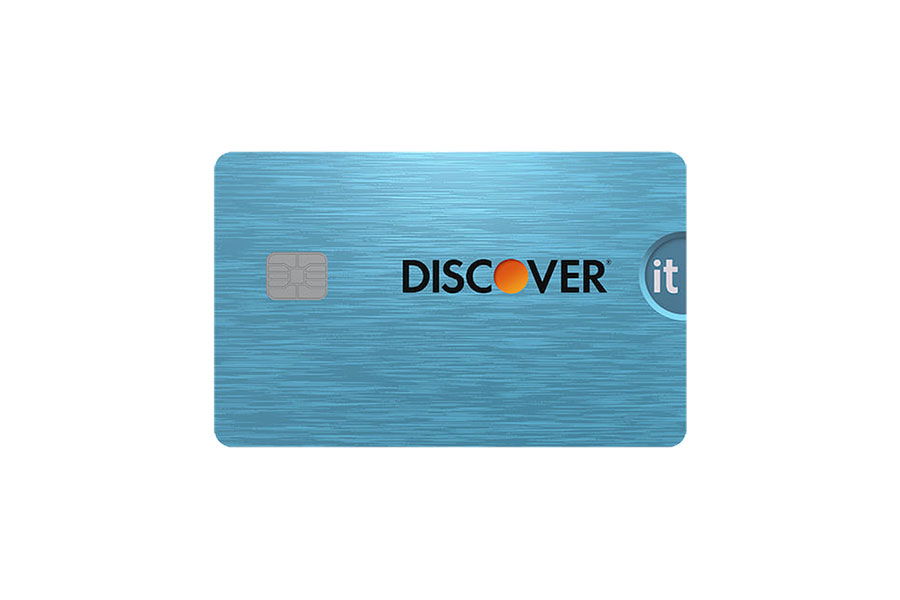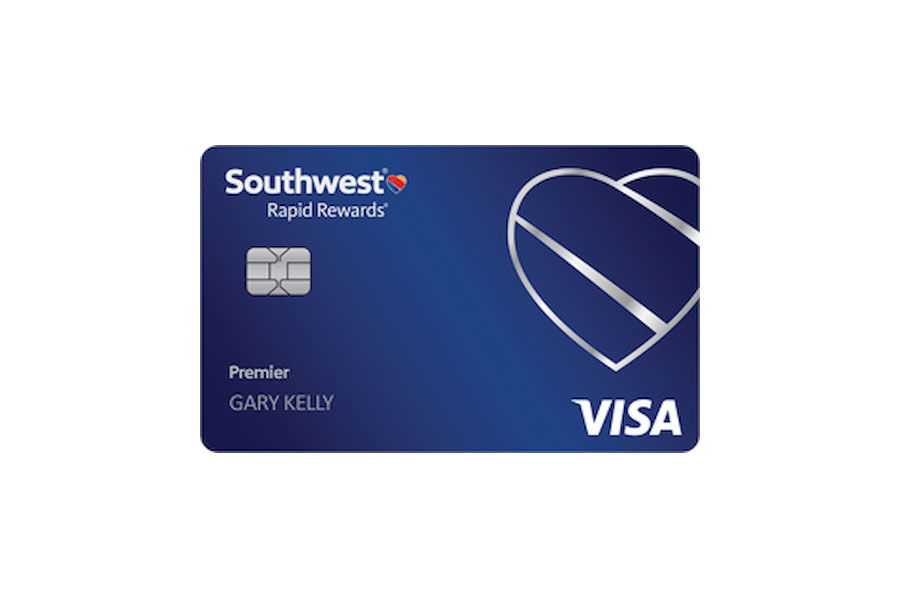Thinking about applying for a Discover credit card? These cards offer competitive rewards, no annual fees, and valuable perks. But before submitting an application, it’s important to know what credit score you’ll need to improve your chances of approval.
While Discover provides options for applicants across different credit levels, other factors beyond your score also play a role in the approval process.

Credit Score Needed for a Discover Card
Most Discover credit cards require a minimum credit score of 670, which falls in the “good” credit range. If your score is in this range or higher, you’ll have a better shot at approval.
If your score is lower, Discover offers the Discover it® Secured Credit Card, which doesn’t require a credit check. This secured card can help build or rebuild credit by reporting your payment history to the three major credit bureaus. With responsible use, it may even graduate to an unsecured card over time.
Factors Discover Considers for Credit Card Approval
There’s no guarantee that you’ll be approved for a credit card, even if your credit score meets the minimum requirement. While your credit score is a significant factor in your credit application, Discover also considers other factors such as:
- Income: A stable income demonstrates your ability to pay back credit.
- Debt: Lower debt levels show responsible borrowing habits and decrease the risk of default.
- Negative items on your credit report: These can include late payments, collections, charge-offs, foreclosures, repossessions, and bankruptcies.
How to Increase Your Chances of Getting Approved for a Discover Card
To boost your odds of approval, it’s important to plan ahead and understand your credit scores and reports. Follow these tips to improve your chances:
- Maintain a strong credit history: Pay your bills on time and avoid excessive debt to show responsible credit management.
- Steady income: Consistent income demonstrates your ability to meet credit obligations.
- Low credit utilization: Avoid using too much of your existing revolving credit, as high utilization can signal financial risk.
- Limit recent credit inquiries: Applying for too much credit in a short time can negatively impact your credit score and raise red flags for potential lenders.
Working to Improve Your Credit Score
If your credit score isn’t quite where it needs to be, there are steps you can take to improve it. Making on-time payments, reducing outstanding debt, and keeping your credit utilization low can all have a positive impact.
For those needing additional support, professional credit repair services may be an option. Credit Saint helps clients dispute and potentially remove negative items such as late payments, collections, and charge-offs. Visit their website for a free credit consultation and see how they can help you move toward better credit.



